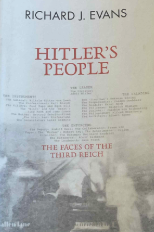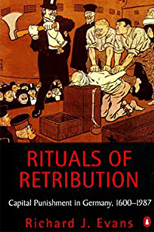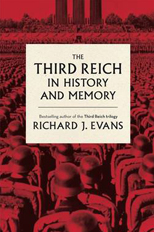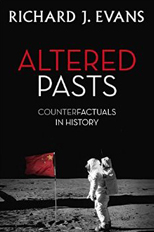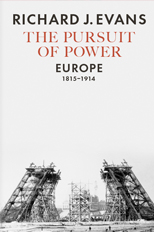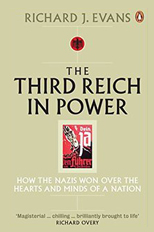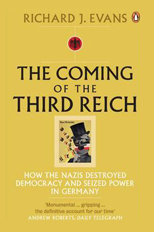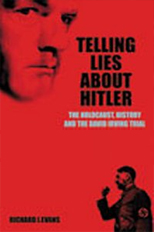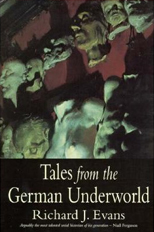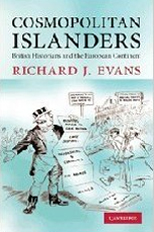
There are details of my books currently in print. And there are copies of articles and reviews and links to other relevant websites. There is a new section with lecture notes and texts as well as interviews.
My latest book is “Hitler’s People: The Faces of the Third Reich”, published in hardback by Penguin Books in the UK on the 13th August 2024 and the Penguin Press in the USA and in paperback on the 4th September 2025
This website is designed for anybody to use who wants to find out more about my work as a historian. I hope you find it useful and if you are interested in viewing my Gresham Lectures they can be found here.

